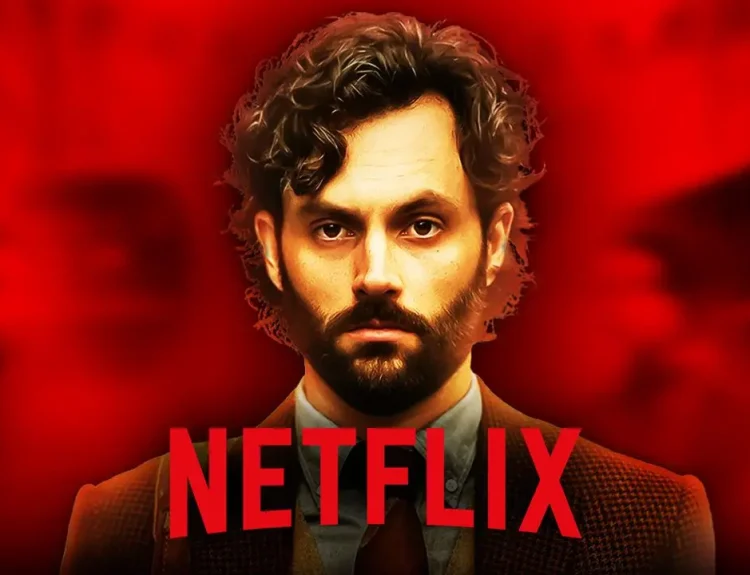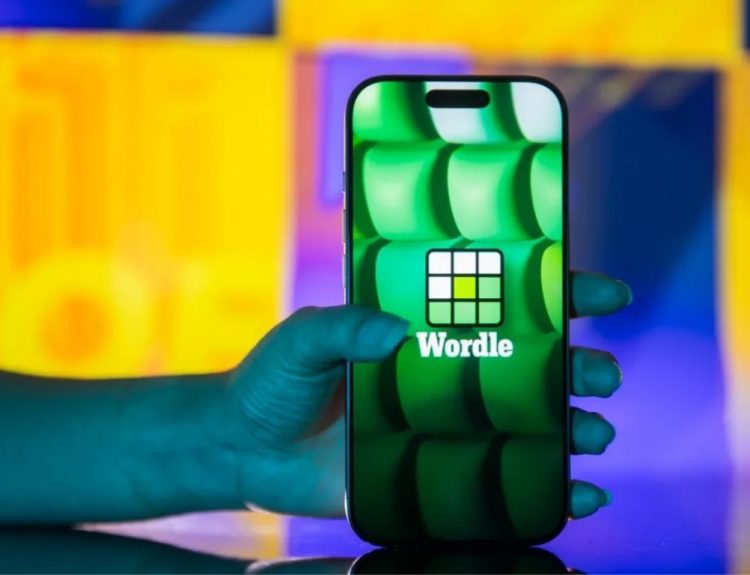CNN — When Target announced in January that it would scale back its diversity, equity, and inclusion (DEI) initiatives, the reaction was swift and impassioned. Longtime supporters of the brand, known for its vocal Pullback Sparks to social justice, felt betrayed—and they responded with their wallets.
According to analytics firm Placer.ai, Target experienced ten straight weeks of declining foot traffic. Store visits dropped 9% year-over-year in February and 6.5% in March. While seasonal factors like winter weather and post-holiday spending dips played a role, another significant influence was a grassroots boycott led by faith leaders.
A Boycott Born from Disappointment
At the center of the boycott was Rev. Jamal Bryant, senior pastor of New Birth Pullback Sparks Baptist Church in Atlanta. Bryant launched a 40-day “Target Fast” during Lent, encouraging members of his congregation and supporters nationwide to refrain from shopping at the retailer. More than 200,000 people participated, according to Bryant.
They hear me. The cash register hears me,” Bryant told CNN. “Power concedes nothing without a demand.”
Bryant’s campaign wasn’t just about protest—it was about principle. The backlash came after Target announced it would eliminate internal hiring targets for minority employees and disband its executive DEI committee. The retailer unveiled a new approach, dubbed “Belonging at the Bullseye,” which it claims is a more holistic strategy to foster inclusion.
But critics say the move feels like a retreat, not a refresh.
“We saw Target as a friend,” said Bryant. “They championed diversity. So we were in shock and awe when they reversed what we believed was their stance.”
A Pledge Partially Restored
After public outcry and a private meeting with Bryant, Target CEO Brian Cornell agreed to recommit to a previous pledge: to spend $2 billion with Black-owned businesses—a promise first made in 2021. Still, Bryant said this wasn’t enough. He called for the boycott to continue and urged Cornell to attend an upcoming town hall to address community concerns. As of CNN’s latest request, Target has not commented.
The stakes are high. Black consumers are projected to command $2 trillion in buying power by 2026, according to Nielsen. For companies like Target—once heralded for progressive leadership on DEI and LGBTQ+ inclusion—that’s a demographic they can’t afford to alienate.
Political Pressure from the Right
Target’s pivot comes amid a broader backlash against DEI programs, fueled in part by former President Donald Trump. Just days into his new term, Trump signed an executive order to dismantle federal DEI initiatives, signaling a nationwide shift that emboldened corporations to quietly reevaluate their stances.
Target, like many Fortune 500 companies, found itself caught in the crossfire—squeezed between conservative political pressure and progressive consumer expectations. Unlike companies such as Walmart or John Deere, which maintained more neutral positions, Target had deeply invested in DEI post-2020, especially after the murder of George Floyd in its home city of Minneapolis.
The company’s previous efforts had been widely applauded, with Cornell defending the programs in 2023 for boosting team morale, customer loyalty, and even sales. Now, the reversal has left loyal customers and internal stakeholders reeling.
Even Anne and Lucy Dayton—the daughters of one of Target’s co-founders—publicly condemned the company’s decision, calling it “a betrayal.”
Impact Beyond the Boardroom
While Target says it still supports Black-owned and minority-owned brands, the sales data tells another story. Lower store traffic has directly impacted those very businesses.
Chantel Powell, founder of Play Pits, a natural body care brand sold at Target since 2022, reported a 30% drop in sales compared to last year. However, she has also seen a rise in direct-to-consumer sales through her website—proof, she says, that people are intentionally shifting their buying power.
“It felt like Target was for us,” Powell said. “It felt like they believed in us. This reversal felt like a rug pull.”
Carlton Mackey, founder of the apparel brand Black Men Smile, echoed those sentiments. His products were featured in every Target store during Black History Month 2024. Today, he says he can no longer align himself with the brand.
Small Businesses, Big Losses
To support affected Black-owned businesses, Bryant’s church launched the “Bullseye Black Market”—a pop-up marketplace featuring more than 100 brands, some of which are also carried at Target. Similar markets opened in Chicago, Dallas, Houston, and New York in partnership with other congregations.
The message? If big-box retailers turn their backs on DEI, communities will find ways to uplift each other without them.
Yet for some business owners, the pullback has already created long-term damage. Patrice Chappelle, co-founder of MelanBrand Skin, had hoped to join Target’s Forward Founders program, which was previously aimed at historically underrepresented entrepreneurs. Now, she says her business has been “set back tremendously.”
“I hope that one day, when they turn things around, we can still get into Target,” she said. “But I know right now, it’s not going to be any time soon.”
Key Takeaways:
-
Target’s DEI rollback triggered a boycott led by Rev. Jamal Bryant, resulting in a 9% drop in store traffic in February and 6.5% in March.
-
The retailer’s revised “Belonging at the Bullseye” strategy has been met with skepticism, despite reaffirming a $2 billion pledge to Black-owned businesses.
-
Small, minority-owned brands are experiencing a dip in Target sales, with some shifting focus to direct-to-consumer strategies.
-
The backlash highlights the growing business risks of distancing from social justice commitments, especially among companies with progressive reputations.





